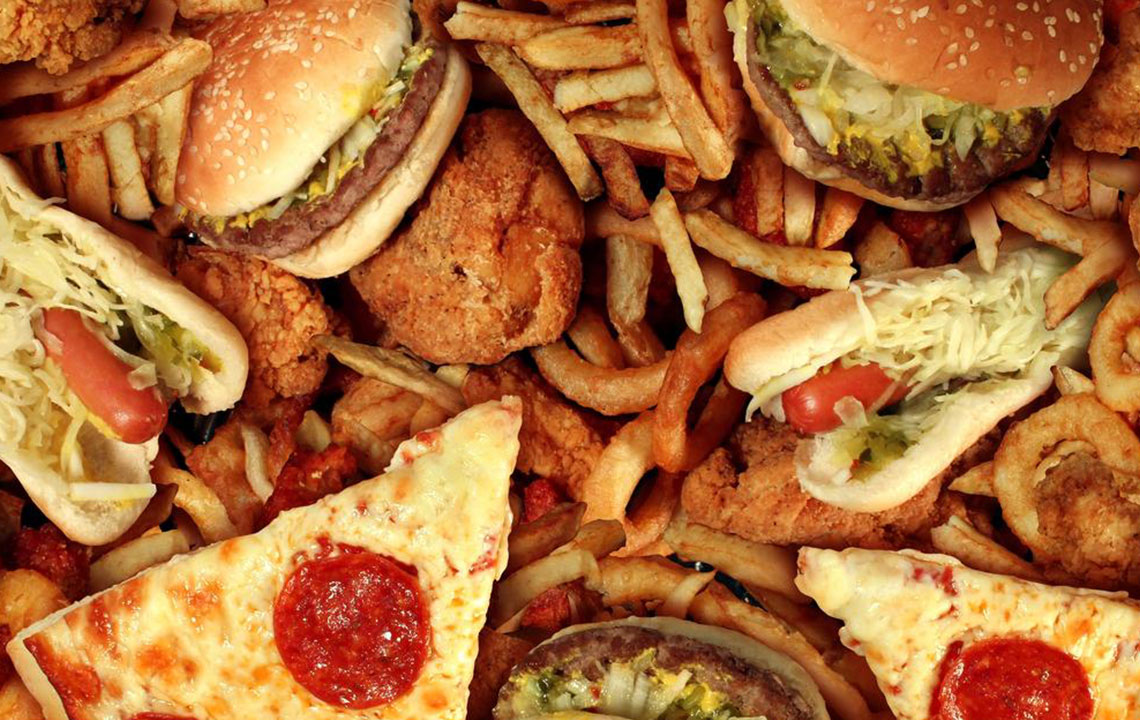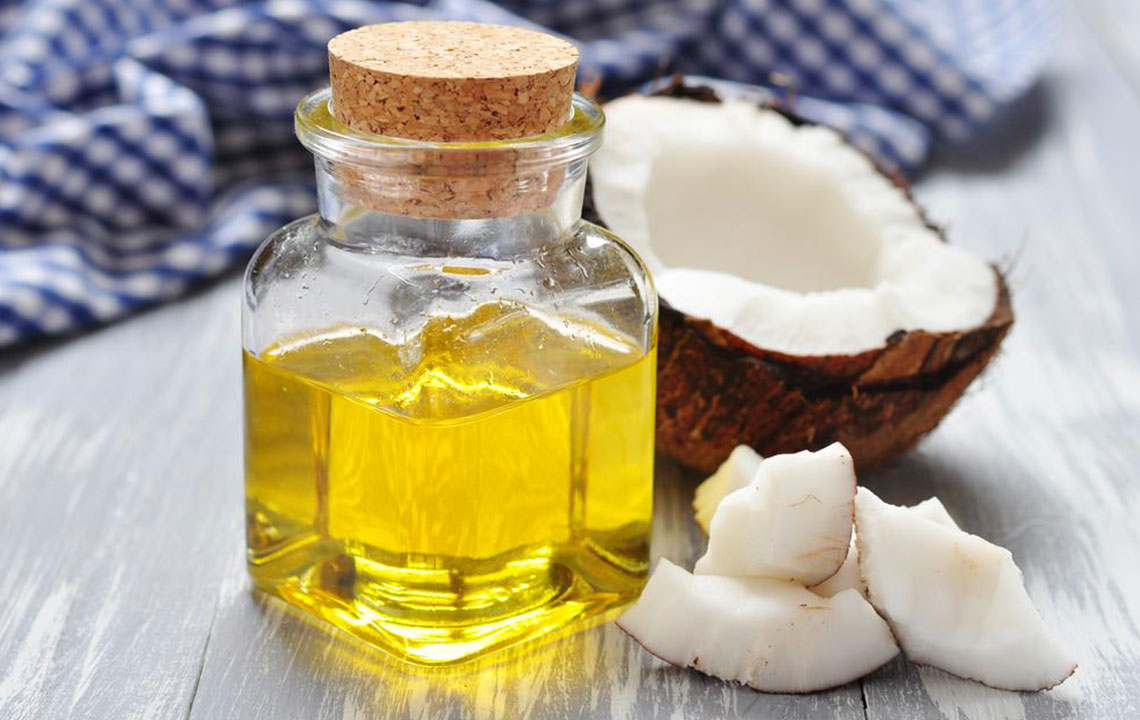A Food And Treatment Guide To Avoid Acid Reflux
A food and treatment guide to avoid acid reflux
Acid reflux is an abnormal condition which includes heartburn, a burning pain in the lower area of the chest. It takes places when the acid of the stomach flows back into the esophagus or the food pipe. When acid reflux occurs more than twice in a week it often results in the gastroesophageal reflux disease (GERD). There are a lot of common diseases that occur due to acid reflux.

Acid reflux is caused when any of the stomach acids flow up the food pipe. The stomach is lined with a special kind of tissue that protects it from the strong acids in the stomach. However, the esophagus possesses no such lining and is not protected. There are a lot of methods available for the treatment of heartburn in acid reflux cases. Additionally, many food items can be of great help while trying to get some relief from heartburn. Today, foods products that help in easing and/or controlling heartburn are readily available in the market. However, it is also ideal to keep away from some food items known to worsen the symptoms of heartburn. Below is some useful information about acid reflux, heartburn, and foods that help ease heartburn.
Which food items relieve acid reflux?
You can keep your body free from acid reflux by consuming any of the food items given below to ease as well as control acid reflux. These foods help in easing heartburn and play an important role in providing relief to those suffering from the same.
- Oatmeal – Oatmeal is ideal for consuming for breakfast as it helps avoid acid reflux.
- Ginger – Ginger is an effective food item that aids digestion when taken in moderate quantity.
- Aloe vera – A natural food item known to cure acid reflux, it can be consumed in the form of a juice.
- Celery – It has great water content and is extremely healthy and beneficial.
- Salads – Salads are considered to be one of the primary meals useful in helping to reduce acid reflux.
- Bananas – Bananas have a pH of 5.6 which makes them ideal for relieving acid reflux.
- Melons – Melons have a pH of 6.1 that makes them an ideal fruit to consume for acid reflux relief.
- Fish – Fish is great for avoiding acid reflux and can be consumed either boiled, grilled, baked, or sauteed. It is best not to consume fried fish.
- Fennel – Fennel has a pH of 6.9 and is known to boost the functioning of the stomach.
- Chicken and turkey – Chicken and turkey which are boiled, sauteed, grilled, or baked are ideal to avoid acid reflux. It is ideal to avoid consuming them in the fried form.
What are the food items and dietary habits one should avoid?
Keeping the diet light and eating small portions at regular intervals are two of the most ideal treatments for avoiding heartburn. Food and dietary habits that must be avoided to include:
- Caffeine
- Lying down right away consuming a meal
- Alcohol
- A high amount of salt intake
- Chocolates
- A low-fiber diet
- Consuming large meals
- Aerated drinks
- Citrus fruits and tomatoes
- Mint
- Garlic and onions
- Foods that are high in fat
What is the treatment for heartburn?
The main treatment options for treating heartburn are:
- H2 blockers that include ranitidine and famotidine
- Antacids
- PPIs that include rabeprazole, esomeprazole, and omeprazole
- Alginate medication including Gaviscon
What are the various lifestyle measures that help avoid acid reflux and heartburn?
The various lifestyle measures to avoid acid reflux and heartburn include:
- Wearing loose or baggy clothes
- Keep your weight in check
- Maintaining correct posture, such as sitting and standing straight
- Performing regular sit-up exercises
- Avoiding smoking
- Not applying pressure to the abdomen, for instance, not wearing tight jeans and pants
What are the symptoms of the GERD?
When heartburn occurs for more than twice in seven days it often results in the GERD. Some symptoms of GERD are as follows:
- a persistent dry cough
- nausea
- wheezing
- dental erosion
- vomiting
- reluctant pneumonia and asthma
- inflammation of the voice box or laryngitis
- various throat problems, such as hoarseness and soreness
- pain and difficulty in swallowing
- chest pain
- abdominal pain in the upper region
- bad breath




